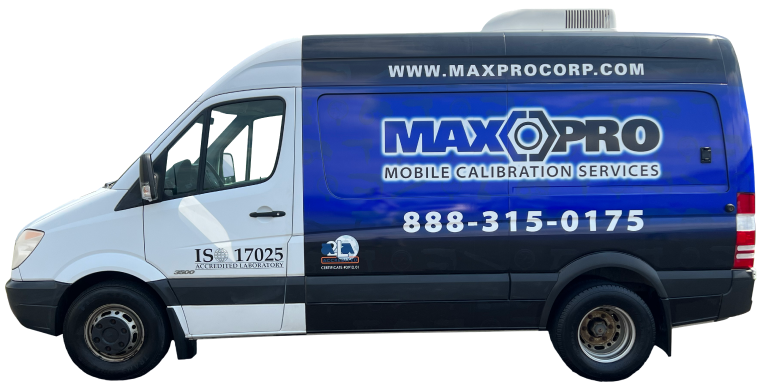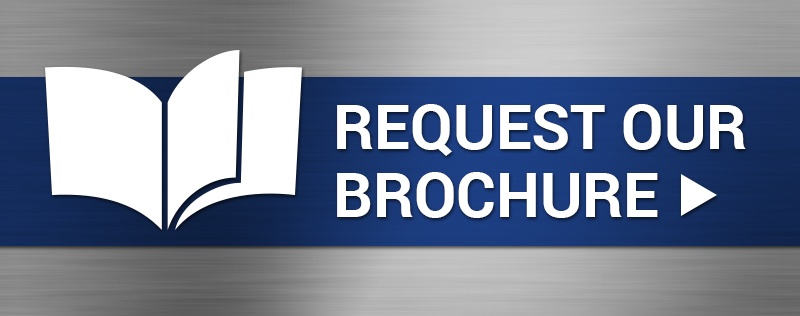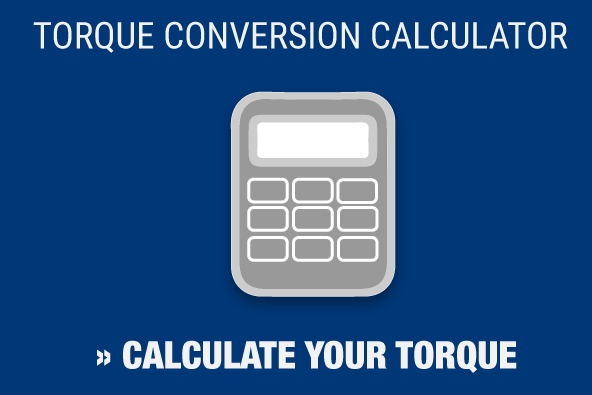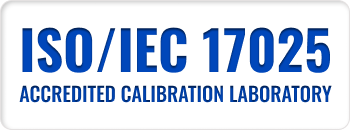 To the casual observer, the terms “accreditation” and “certification” might sound as though they mean the same thing. But ISO – the International Organization for Standardization and the world’s largest accreditation/certification group – defines them differently.
To the casual observer, the terms “accreditation” and “certification” might sound as though they mean the same thing. But ISO – the International Organization for Standardization and the world’s largest accreditation/certification group – defines them differently.
- Accreditation – “A third party attestation related to a conformity assessment body conveying formal demonstration of its competence to carry out specific conformity assessment tasks.”
- Certification – “A third-party attestation related to products, processes, systems or persons.”
As Quality Magazine noted a few years ago, ISO’s hierarchy is set up so that accreditation outranks certification in terms of importance.
Accreditation applies only to bodies implementing a certification service. This could be an ISO 17025 accredited lab delivering an accredited calibration or testing certificate.
Another way to think about it: You received a degree from your college or university. It was a certification that you were proficient in your field of study. But your school needed to become accredited in order to show that it had the authority to deem its students proficient.
Two Different Groups Oversee The World’s Accreditation Bodies.
- The IAF, or International Accreditation Forum, which evaluate groups that accredit organizations that certify manage systems, products or people.
- The International Laboratory Accreditation Cooperation (ILAC), which assesses groups that accredit calibration and testing laboratories.
The confusion between certification and accreditation came about in part when some certification organizations began assessing labs to ISO 17025, a standard meant for deciding the qualifications of testing/calibration labs, and thus ILAC territory.
The ISO 9001 quality system is different than ISO 17025 in terms of purpose, emphasis and criteria. The standards line up in some areas, but they are separate, and achieving one does not mean you’ve met compliance with the other.
Do We Need ISO 9001 or ISO 17025?
IAF and ILAC have both said that ISO 17025 means accreditation rather than certification. Yet you may be reading this and wondering whether a company needs ISO 9001 certification, ISO 17025 accreditation, or both.
ISO 9001 certification applies to an entire organization. It’s an effective tool for management, but does not include the necessary technical content to show that test/inspection/calibration data are reliable. Labs that perform calibration – and do not make products – need to meet ISO 17025 requirements, and not necessarily those of ISO 9001.
Suppliers who need reliable calibration backed by a quality system should seek out labs accredited to ISO 17025. And that accreditation should come from a body recognized under the ILAC’s mutual recognition agreement or MRA. These agreements are aimed at producing a network of accreditation bodies whose work is recognized around the globe.
For companies that do more than just laboratory services, it’s become common to get certified to ISO 9001 while having a lab accredited to ISO 17025.
At Maxpro, we chose to become accredited by A2LA, the nation’s leading ISO 17025 accreditation agency. A2LA has a certification/accreditation process that has no equal in the industry.
Having this seal of approval from A2LA means that we stand out even more in the already specialized market of high capacity torque equipment.





